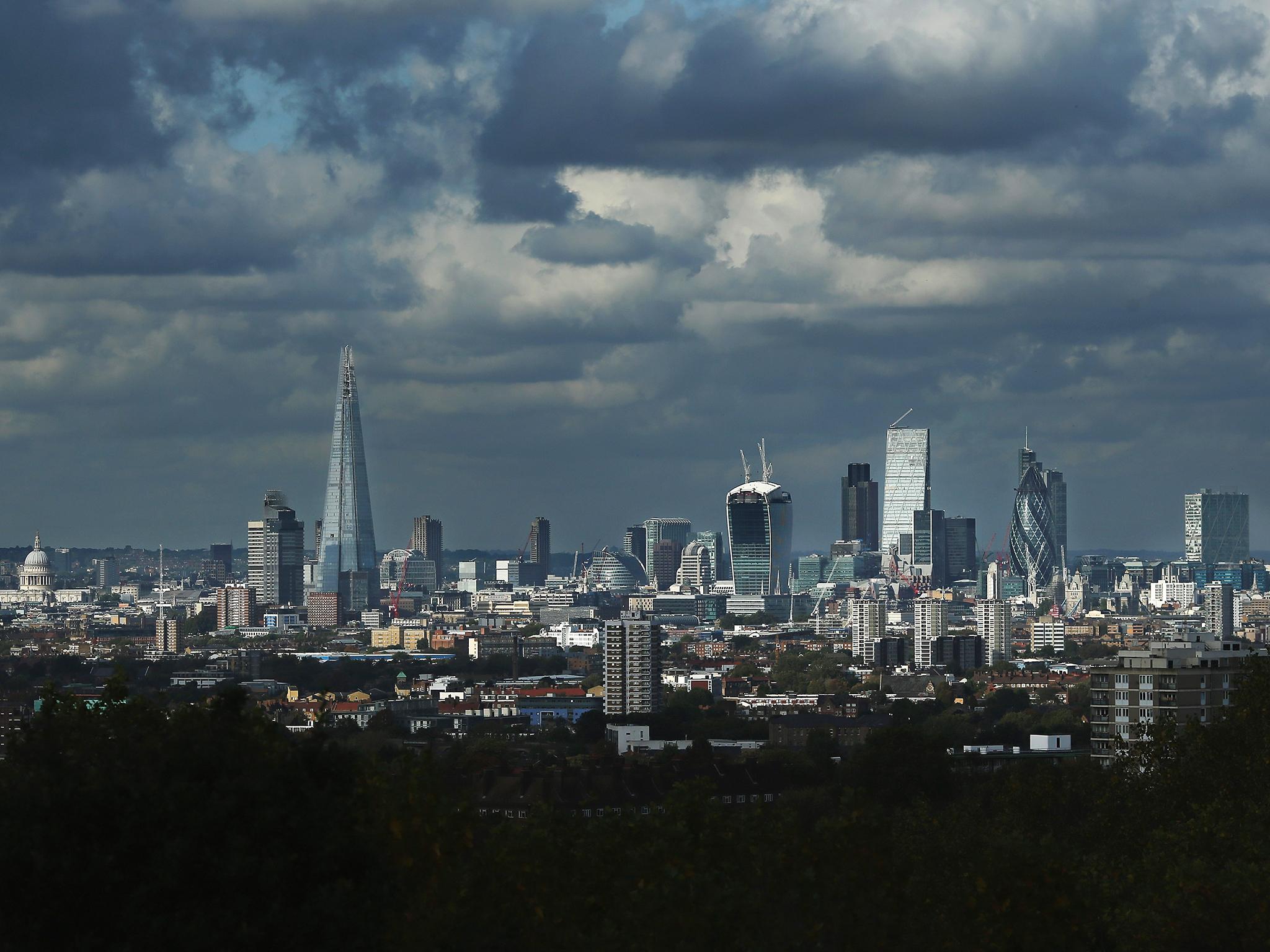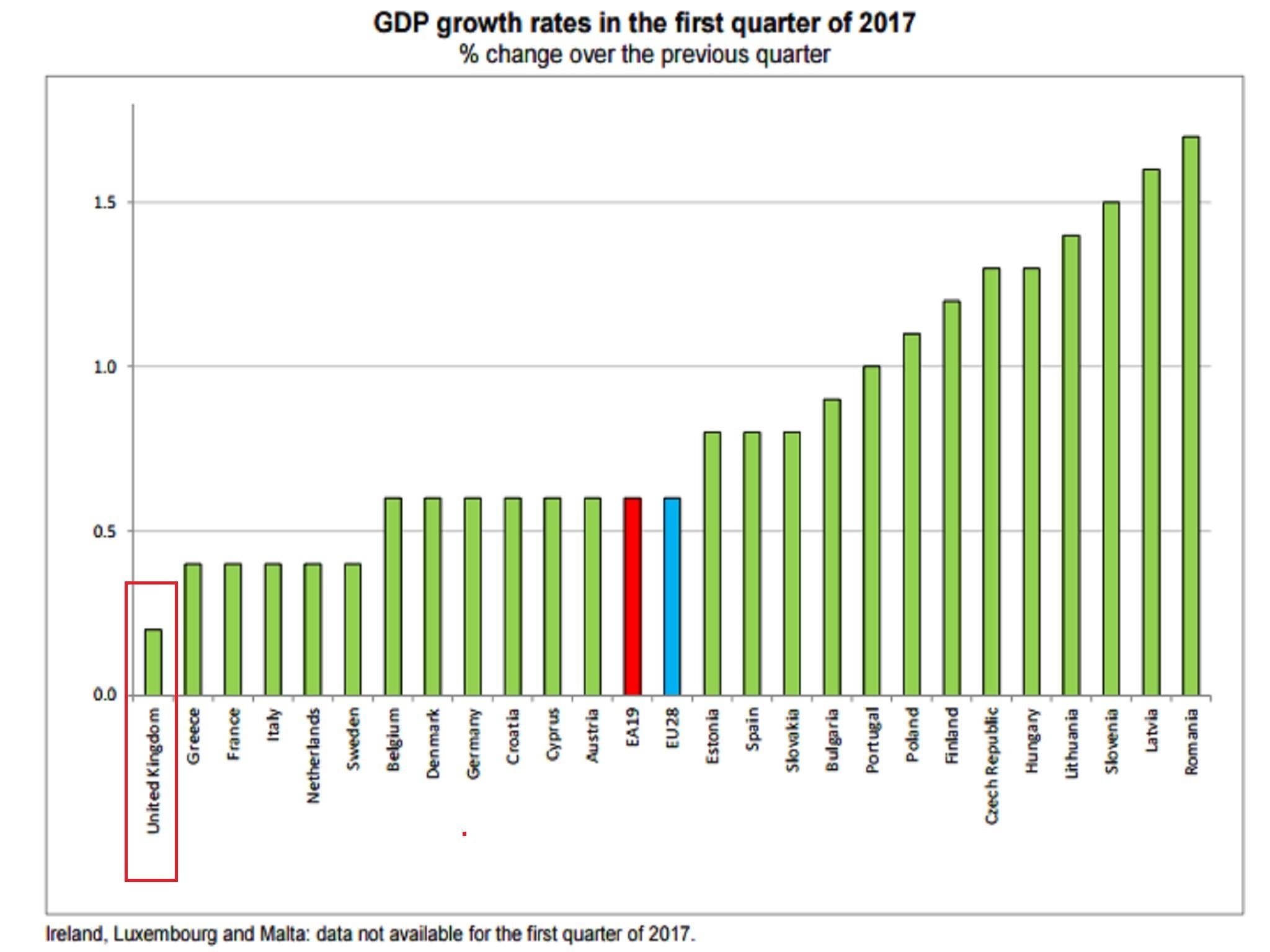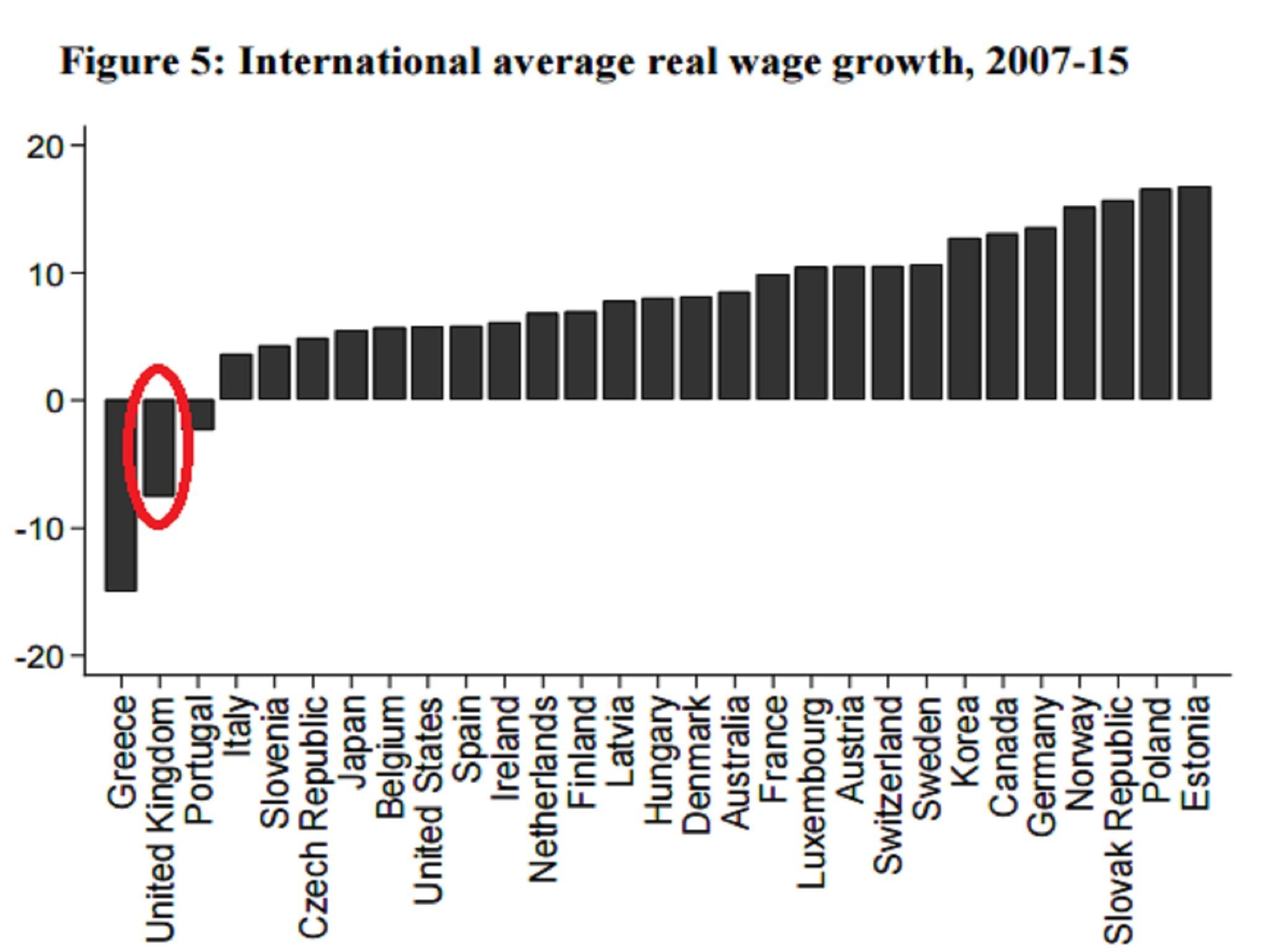The chart that shows the UK economy was the weakest in Europe in the first quarter of 2017
The UK’s large Continental peers – Germany, France – grew by 0.6 per cent and 0.4 per cent respectively

Your support helps us to tell the story
From reproductive rights to climate change to Big Tech, The Independent is on the ground when the story is developing. Whether it's investigating the financials of Elon Musk's pro-Trump PAC or producing our latest documentary, 'The A Word', which shines a light on the American women fighting for reproductive rights, we know how important it is to parse out the facts from the messaging.
At such a critical moment in US history, we need reporters on the ground. Your donation allows us to keep sending journalists to speak to both sides of the story.
The Independent is trusted by Americans across the entire political spectrum. And unlike many other quality news outlets, we choose not to lock Americans out of our reporting and analysis with paywalls. We believe quality journalism should be available to everyone, paid for by those who can afford it.
Your support makes all the difference.The UK had the lowest GDP growth rate in the European Union in the first quarter of 2017, according to the European statistics agency Eurostat.
Britain’s 0.2 per cent expansion in the three months to March, down sharply from the 0.7 per cent growth in the final quarter of 2016, put it at the bottom of the EU league table.
The UK’s large Continental peers – Germany, France – grew by 0.6 per cent and 0.4 per cent respectively.
Reports last week suggested Italy’s economy had grown by 0.2 per cent in the first quarter – equal to the UK. But Eurostat now puts Italy’s growth at 0.4 per cent.
Even Greece, which has endured years of depression, grew faster than the UK, with its economy expanding by 0.4 per cent.
Data is not yet available for Malta, Luxembourg and Ireland, but given those economies grew at a quarterly rate of 1.7 per cent, 1.3 per cent and 2.5 per cent respectively in the final quarter of 2016 it would take a remarkable collapse for them to come below the UK.
Bottom of the table

Overall growth for the 19 countries in the eurozone is put at 0.6 per cent, reflecting a cyclical upturn in the single currency bloc after years of stagnation.
The UK’s slump in GDP growth in the first quarter has been attributed by economists to a sharp slowdown in consumer spending, owing to the spike in inflation that has followed the drop in the pound in the wake of the Brexit vote last June.
The UK’s GDP growth rate is expected to pick up slightly in the next quarter, but most analysts believe that leaving the EU will set back the economy, with the damage depending on the nature and scope of future trade arrangements with the EU, our biggest trade partner.
Some economists project that a failure to secure any form of deal – a “cliff-edge” Brexit in 2019 – could cost the economy up to 9 per cent of GDP, relative to otherwise, by 2030.
The UK has been growing more strongly than the rest of the EU for most of the past seven years but that partly reflects stronger population growth in the UK.
Out-performance over?

And average real wage growth in the UK between 2007 and 2015 was the lowest in the EU apart from Greece.
The wages of weakness

Despite the Brexit vote, which many had expected to result in a recession, the UK’s economy grew by 1.8 per cent in 2016 as a whole, the strongest rate of growth in the G7.
But it is now confirmed as the slowest growing member of the G7 in the first quarter of 2017.
The OECD’s latest UK GDP forecast for the full year of 2017 is 1.6 per cent, below the US’s 2.1 per cent and Germany’s 2 per cent.
It projects British growth to slump in 2018 to 1 per cent, as the negative impact of an impending cliff-edge Brexit kicks in.
Join our commenting forum
Join thought-provoking conversations, follow other Independent readers and see their replies
Comments